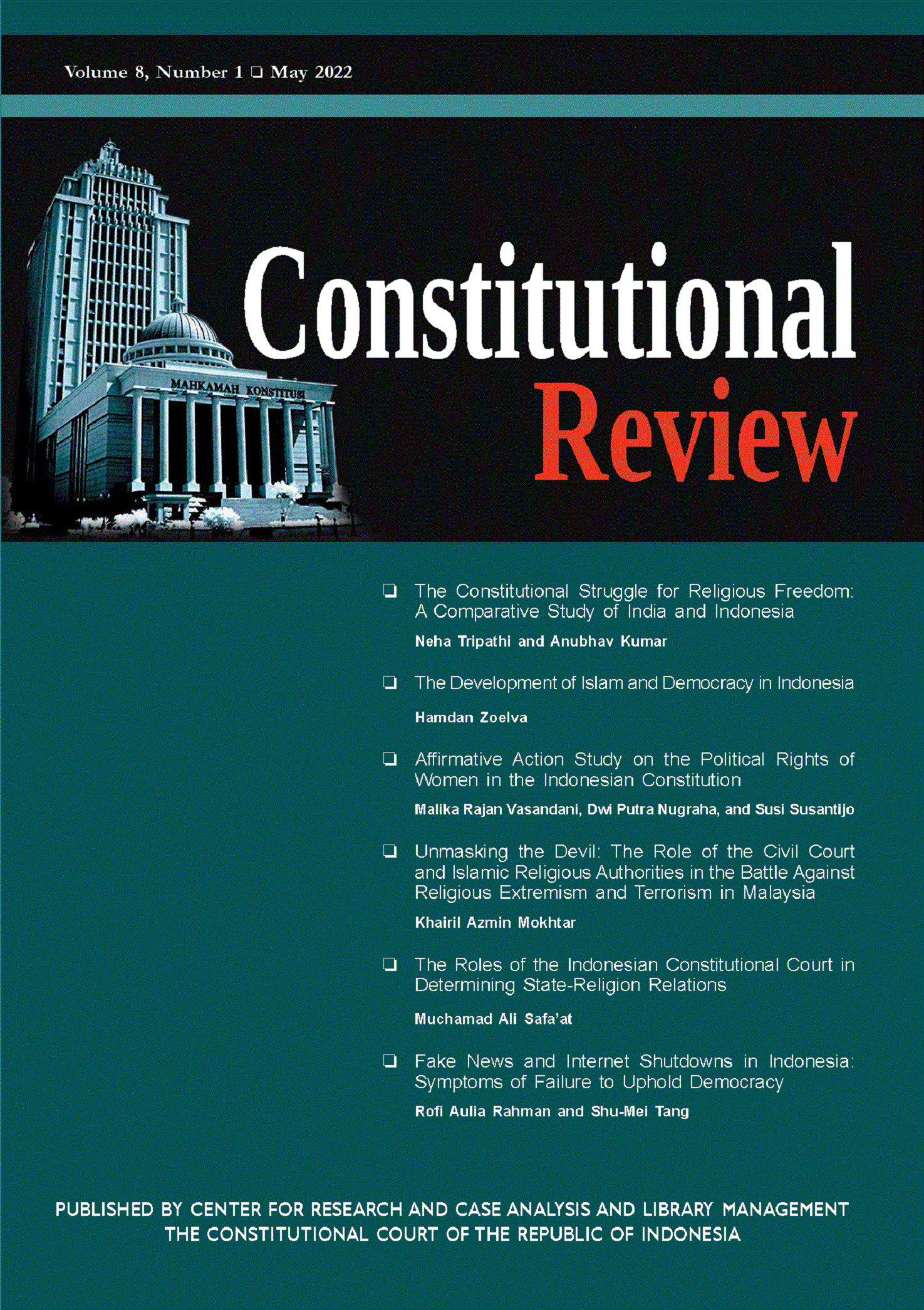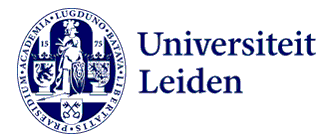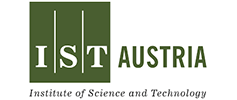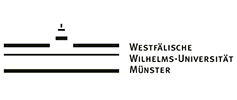Fake News and Internet Shutdowns in Indonesia: Symptoms of Failure to Uphold Democracy
DOI:
https://doi.org/10.31078/consrev816Keywords:
Democracy, Fake News, Human Rights, Internet Shutdown, State of Emergency.Abstract
The Indonesian government limited or shut down internet access during separate riots in Jakarta and Papua in 2019. The justification for blocking the internet and disabling certain features of social media platforms was to quell the unrest by ceasing the spread of fake news. Nevertheless, the government did not declare a state of emergency in response to either situation, triggering debate on whether the internet restrictions had any strong constitutional basis or if they were out of proportion and unconstitutional. This study evaluates the government’s policy on internet shutdowns to reduce the spread of fake news amid riots, and explicates when the state of emergency “feature” might be activated. The research method of this article is a doctrinal legal approach, which critically examines whether the government policy was excessive, and to what extent a state of emergency can be implemented by minimum standard requirements. The result of this study shows the riots in Jakarta and Papua ought not be categorized as national threats; hence, the internet shutdown was out of proportion. Fake news is part of the price we pay for a free society; thus the article argues that an internet shutdown is not a proper way to combat fakenews. Furthermore, the government has failed to fulfill the minimum standards to justify the internet shutdowns. Access to the internet is a new face of democratic pillars, so blocking internet access without any sufficient legal instruments and correct constitutional interpretation might indicate symptoms of a failure to uphold democracy.
References
Allcott, Hunt and Matthew Gentzkow. “Social Media and Fake News in the 2016 Election.” Journal of Economic Perspective 31, no. 2 (2017).
Asshiddiqie, Jimly. Hukum Tata Negara Darurat [Emergency Constitutional Law].
Jakarta: Raja Grafindo Persada, 2007.
Bahder, Johan Nasution. Rule of Law State and Human Rights. Bandung: Mandar Maju, 2011.
Benedek, Wolfgang and Matthias. Freedom of Expression and the Internet.
Strasbourg: Council of Europe Publishing, 2013.
Butler, Andrea. “Protecting the Democratic Role of the Press: A Legal Solution to Fake News.” Washington University Law Review 96, no. 2 (2018).
Brown, Nina I. and Jonathan Peters. “Say This, Not That: Government Regulation and Control of Social Media.” Syracuse Law Review 68 (2018).
Chauduri, Amit. “The BJP Wants to Silence Indian Voices. But We will only Grow Louder.” The Guardian, December 22, 2019. https://www.theguardian.com/ commentisfrEE/2019/dec/22/bjp-citizenship-amendment-act-indians.
Chatirvedi, Arpan. “Indian Internet Shutdown Rules Need a Relook: Expert Say.” Bloomberg, October 27, 2019. https://www.bloombergquint.com/law-and- policy/indias-internet-shutdown-rules-need-a-relook-experts-say.
Constitutional Court of the Republic of Indonesia, Decision No. 21/PUU-VI/2008 (2008).
Corrin, Jennifer. “Cultural Relativism vs. Universalism: The South Pacific Reality.” In The Universalism of Human Right, edited by Rainer Arnold. Dortrecht: Springer, 2013.
Cuthbertston, Anthony. “Indonesia Blocks Facebook and Whatsapp Features after ‘Fake News-Inspired’ Riots and Deaths.” The Independent, May 23, 2019. https://www.independent.co.uk/life-style/gadgets-and-tech/news/indonesia- facebook-whatsapp-ban-blocked-election-riots-a8926706.html.
Defence, Media, “What is an Internet Shutdown?”, Media Defence, 2020, https:// www.mediadefence.org/ereader/publications/introductory-modules-on- digital-rights-and-freedom-of-expression-online/module-3-access-to-the- internet/what-is-an-internet-shutdown/, accessed on May 30, 2022.
General Comment No. 29 Article 4 on the Derogations of Human Rights during a State of Emergency.
Gillespie, Emily. “69% of Americans Don’t Think Trump’s Border Wall is a Priority, Poll Says.” Fortune, December 13, 2018. http://fortune.com/2018/12/12/trump- border-wall-poll/.
Habibie. Detik-Detik yang Menentukan: Jalan Panjang Indonesia menuju Demokrasi [Decisive Moments: Indonesia's Long Road to Democracy]. Jakarta: THC Mandiri, 2006.
Hafner-Burton, Emilie M. et al. “Emergency and Escape: Explaining Derogations from Human Rights Treaties.” International Organization 65, no. 4 (2011).
Holland, Natalie. “Freedom of Expression and Opinion in Wartime: Assessing Ukraine’s Ban on Citizen Access to Russian-Owned Websites.” American University of International Law Review 33, no. 4 (2018).
Howie, Emily. “Protecting the Human Right to Freedom of Expression in International Law.” International Journal of Speech-Language Pathology 20, no. 1 (2018).
Idris, Ika Karlina. “The Internet Shutdown in Papua Threatens Indonesia’s Democracy and Its People’s Right to Free Speech.” The Jakarta Post, September 2, 2019. https://www.thejakartapost.com/academia/2019/09/02/the-internet- shutdown-in-papua-threatens-indonesias-democracy-and-its-peoples-right- to-free-speech.html.
Indonesian Human Rights Law 1999, Article 4.
Indonesian Human Rights LaW1999, Article 73 on the Restriction of Human Rights.
Koch, Richie. “All the Internet Shutdowns of 2019 so far.” Security Boulevard, 2019. https://securityboulevard.cOM/2019/06/all-the-internet-shutdowns-of- 2019-so-far/.
Lamb, Kate. “Fake News Spikes in Indonesia ahead of Elections.” The Guardian, March 20, 2019. https://www.theguardian.com/worLD/2019/mar/20/fake-news- spikes-in-indonesia-ahead-of-elections.
Lynch, Colman. “Indonesia’s Use of Capital Punishment for Drug-Trafficking Crimes: Legal Obligations, Extralegal Factors, and the Bali Nine Case.” Columbia Human Rights Law Review 40 (2009).
Mastroianni, Roberto. “Fake News, Free Speech and Democracy: A (Bad) Lesson from Italy?” Southwestern Journal of International Law 25, no. 1 (2019).
Marzuki, Suparman. “Perspektif Mahkamah Konstitusi tentang Hak Asasi Manusia: Kajian Tiga Putusan Mahkamah Konstitusi: Nomor 065/PUU- II/2004; Nomor 102/PUU-VII/2009 dan Nomor 140/PUU-VII/2009 [Perspective of the Constitutional Court on Human Rights Human: Study of Three Decisions of the Constitutional Court: Number 065/PUUII/2004; Number 102/PUU-VII/2009 and Number 140/PUU-VII/2009].” Jurnal Yudisial 6, no. 3 (2013).
Matompo, Osgar S. “Pembatasan terhadap Hak Asasi Manusia dalam Prespektif Keadaan Darurat [Restrictions on Human Rights in Perspective Emergency state].” Journal of Media Hukum 21, no. 1 (2014).
Nazmi, Syadab. “Why India Shutdown the Internet more than any other Democracy.” BBC News, December, 19, 2019. https://www.bbc.com/news/ worLD-ASIA-INDIA-50819905.
New York Times Co. v. Sullivan, 376 U.S. 254 (1964).
Packingham v. North Carolina, 137 S. Ct. 1730, 1744, 198 L. Ed. 2d 273 (2017).
Park, Ahran and Kyu Ho Youm. “Fake News from a Legal Perspective: The United States and South Korea Compared.” Southwestern Journal of International Law 25, no. 1 (2019).
Paul, Christopher and Miriam Mathews. “The Russian “Firehose of Falsehood” Propaganda Model: Why It might Work and options to Counter It.” Rand Corporation, 2019, https://www.rand.org/content/dam/rand/pubs/ perspectives/PE100/PE198/RAND_PE198.pdf.
Phartiyal, Sankalp and Fayaz Bukhari. “India’s Top Court Says Indefinite Kashmir Internet Shutdown is Illegal.” Reuters, January 10, 2020. https://www.reuters. com/article/us-india-kashmir-internet/indias-top-court-says-indefinite- kashmir-internet-shutdown-is-ILLEGAL-IDUSKBN1Z90FR.
Press Release by the Ministry of Information, Telecommunication and Informatic No. 159/HM/KOMINFO/08/2019.
Rahman, Rofi Aulia, et al. “Calon Tunggal Pilkada: Krisis Kepemimpinan dan Ancaman Bagi Demokrasi [Single Candidate Pilkada: Leadership Crisis and Threat to Democracy].” Jurnal Konstitusi 19, no. 2 (2022): https://doi. orG/10.31078/jk1913.
Raj, Suhasini and Maria Abi-Habib. “2 Dead in Protests over India’s Religion- Based Citizenship Bill.” New York Times, December 12, 2019. https://www. nytimes.cOM/2019/12/12/World/asia/india-protests-citizenship-bill.html.
Rika, Hesti. “Dasar Hukum Kemenkominfo Blokir Internet [The Legal Basis of the Ministry of Communication and Information Blocking the Internet].” CNN Indonesia, September 4, 2019. https://www.cnnindonesia.com/ tEKNOLOGI/20190904081344-185-427339/dasar-hukum-kemenkominfo-blokir- internet.
Report. The Committee to Protect Journalists, “10 Most Censored Countries.” Committee to Protect Journalists, September 10, 2019. https://cpj.org/ reports/2019/09/10-most-censored-eritrea-north-korea-turkmenistan- journalist.php.
Safenet. “President Jokowi is Absent from the First Court of Internet Shutdown Lawsuit.” Safenet, January 22, 2020. https://safenet.or.id/2020/01/PResident- jokowi-is-absent-from-the-first-court-of-internet-shutdown-lawsuit/.
Setyowati, Desy. “Kominfo Tutup 2.184 Akun dan Situs selama Pembatasan Media Sosial [Kominfo Closes 2,184 Accounts and Sites during Media Restrictions Social." Data Word].” Kata Data, 2019. https://katadata.co.id/ berita/2019/05/27/kominfo-tutup-2184-akun-dan-situs-selama-pembatasan- media-sosial.
Spencer, Jennifer. “No Service: Free Speech, the Communications Act, and Bart’s Cell Phone Network Shutdown.” Berkeley Technology Law Journal 27 (2012).
The 1945 Constitution of Indonesia Article 28E Paragraph (3) and Article 28J Paragraph (1) and (2).
The Washington Post. “In 787 Days, President Trump Has Made 9,179 False or Misleading Claims.” The Washington Post, March, 17, 2019. https:// www.washingtonpost.com/graphics/politics/trump-claims-database/?utm_ term=.246cb0455EF3.
Toronto, William D. “Fake News and Kill-Switches: The U.S. Government›s Fight to Respond to and Prevent Fake News.” Air Force Law Review 79 (2018).
UNHR, Core Human Rights in the Two Covenants, September (2013). United States v. Alvarez, 567 U.S. 709 (2012).
Vojak, Brittany. “Fake News: The Commoditization of Internet Speech.” California Western International Law Journal 48, no. 1 (2017).
Vosoghi, Soroush, et.al. “The Spread of True and False News Online.” Science
359, no. 6380 (2018).
Waldman, Ari Ezra. “The Marketplace of Fake News.” University of Pennsylvania Journal of Constitutional Law 20, no. 4 (2018).
































































